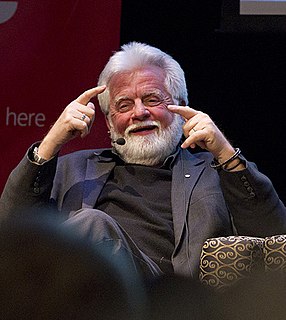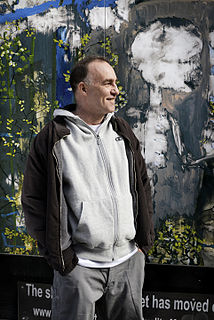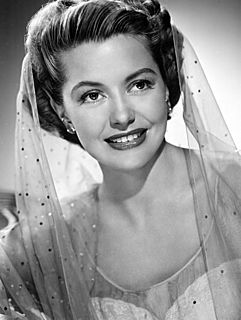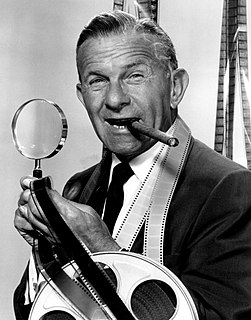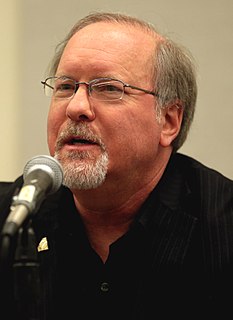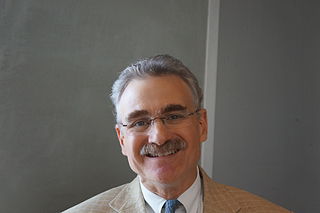A Quote by Terry Mosher
For a young cartoonist, they have to get going on the web, because that's where everybody goes for their information. And it really works. If you look at a cartoon on a computer screen, it really jumps and can be quite effective. I draw cartoons now, not how it will appear in the newspaper, but how it will appear on the screen. I think most of us do. Now the challenge is to make it move and animate it in a very fast, quick way.
Related Quotes
China has really succeeded because of its stability.
So my feeling is, how they are going to maintain this fantastic stability in a very fast changing economic situation.
I think this is a challenge we face, how the global region will evolve in stability with such a fast growth.
If they succeed to do that, no doubt, in the next generation it will be the major area of the world, economically.
People think you get one idea for a cartoon every week, and that's not the way it works. You usually get 10 or 15, and you're - certainly when I was a cartoonist, before I was a cartoon editor, you're rushing to do what is called the batch. When I was doing that, I liked to have, in general, about 10 cartoons.
I had a chance to talk with President [Vladimir] Putin and he clearly said to me very directly, "I will think about that. I will think about this challenge of how we win." Look, this is not easy for Putin. Everybody says, "Oh, Putin's made a big move." Well, Putin is [in Syria] now; and if he wants to fight ISIL alone, that's a challenge, folks.
There is no necessity for the man who means to be an orator to understand what is really just but only what would appear so to the majority of those who will give judgment; and not what is really good or beautiful but whatever will appear so; because persuasion comes from that and not from the truth.
Saturday morning cartoons do that now, where they develop the toy and then draw the cartoon around it, and the result is the cartoon is a commercial for the toy and the toy is a commercial for the cartoon. The same thing's happening now in comic strips; it's just another way to get the competitive edge. You saturate all the different markets and allow each other to advertise the other, and it's the best of all possible worlds. You can see the financial incentive to work that way. I just think it's to the detriment of integrity in comic strip art.
Filmmaking materials are in the hands of more people now than ever before. I would like to think that the more people have these tools, the more people will learn how to use them, it's another argument I would argue for, personally, for art's education. Because there are kids who aren't that literate in screen language and they've got to know how people select shots, how people edit audio, how people combine things to make what they see on the screen. It would be like the 15th century or the 16th century in Germany, and somebody amends a printing press and you don't know how to read and write.
